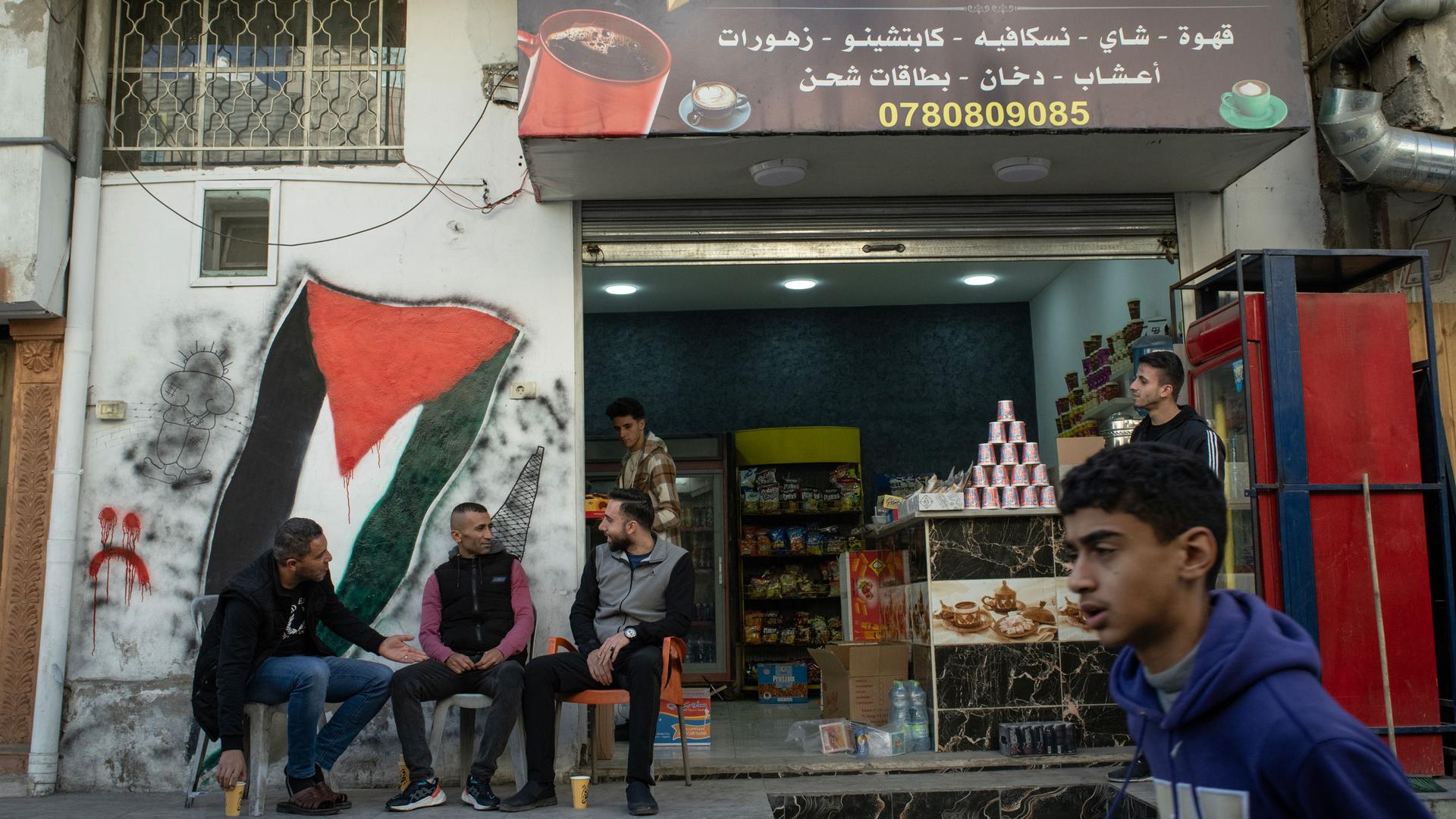There are days when Hussein Abdullah searches for images of Gaza on Google and daydreams about the land that his family left during the 1967 Arab-Israeli war.
“After the war we [came] to Jordan. We [lost] everything,” he said.
Palestinian refugees from Gaza live in a state of limbo in Jordan. Despite having lived in the country for decades — and even being born there — Jordan hasn’t granted them citizenship, and stateless Palestinians struggle to make a future for themselves.
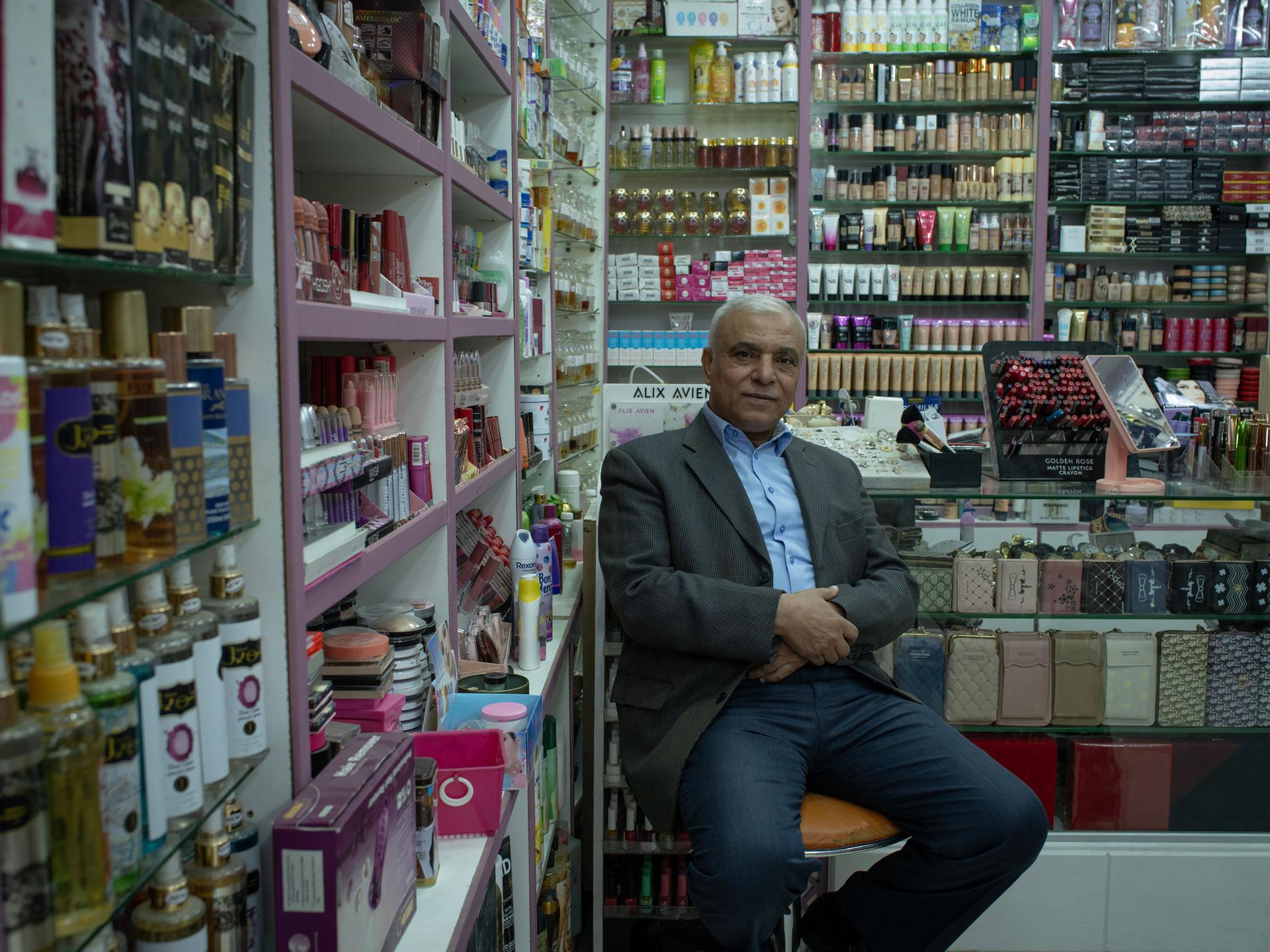
Abdullah was 7 years old when he arrived in Jordan with his parents and three siblings. Memories of leaving home and landing in a refugee camp in a new country have been etched in his mind, he said.
“It was very difficult because the camp was not suitable for life. We go to school walking for miles. At that time we didn’t have [winter boots],” he recalled. When it rained, he said, his feet got muddy on those walks to and from school, which was located in a tent.
The school was freezing cold in the winter and scorching hot in the summer, he said, just like the tent that served as their home.
When Abdullah and his family first arrived in Jordan, they were given a single document for the whole family with all their names on it, which helped them get assistance from the United Nations. They received boxes of food like canned fish and lentils.
But as the years went by and it slowly became clear they would not be allowed back to Gaza, their status in Jordan became murky.
Following the Arab-Israeli war of 1948, the Egyptian army took control of the Gaza Strip. Jordan controlled the West Bank and East Jerusalem. Jordan extended citizenship to Palestinians from the West Bank but not to those from Gaza because it was under Egyptian control. That made thousands of Palestinians in Jordan, including Abdullah’s family who came later after 1967, stateless.
“I don’t have a national number. Here, we are like anybody from outside Jordan. Like Egyptians, like Lebanon, like Syrians. Because we come from Gaza,” he said.
They are treated like foreigners, he added, and there’s no path to legalizing his status.
“I want somebody [to] tell me what’s the problem. Some countries you need five years to take nationality. Some countries you need one year to take the nationality. We are here [for] 50 or more years [and] they cannot give us nationality,” he said.
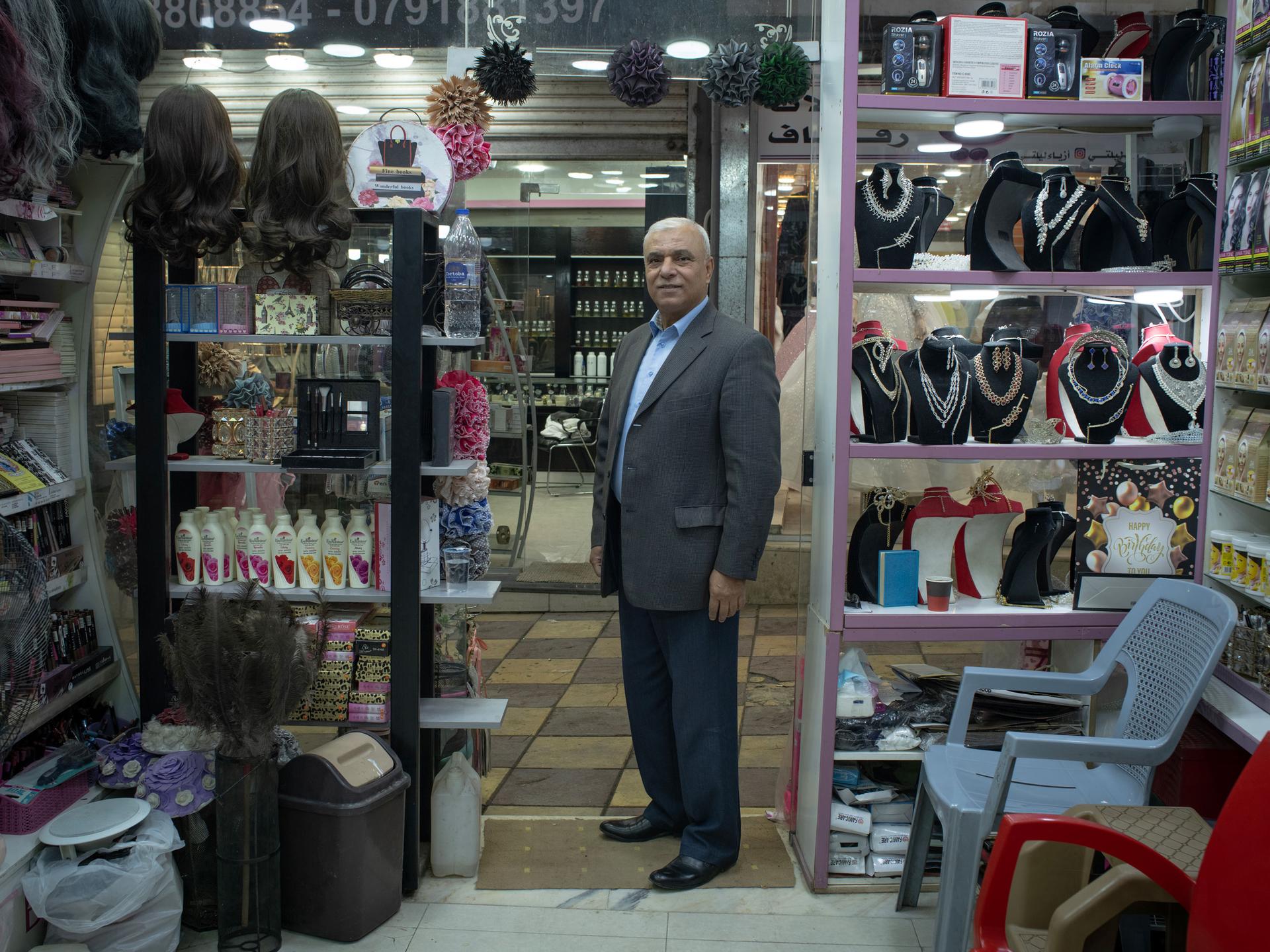
Without a national identification number, Palestinians can’t get government jobs. They can’t access public healthcare or education.
Abdullah now owns a cosmetics store in the camp and was able to purchase a home. But the shop and the home both have to be registered in the names of his Jordanian friends, which makes him nervous.
“Because [it’s] my money. [But] maybe he died, and his family tell me you don’t have anything with us,” he said.
Abdullah said he’s living a relatively comfortable life now, but many who resettled from Gaza aren’t as lucky.
Palestinians from Gaza are three times more likely to be living under the poverty line compared to other Palestinians in Jordan, according to Minority Rights, an international human rights organization based in the UK.
Meanwhile, the recent war in Gaza has resulted in more Palestinian displacement. Israeli officials have called on Arab nations to accept Palestinian refugees. Jordan and Egypt have strongly opposed such a move.
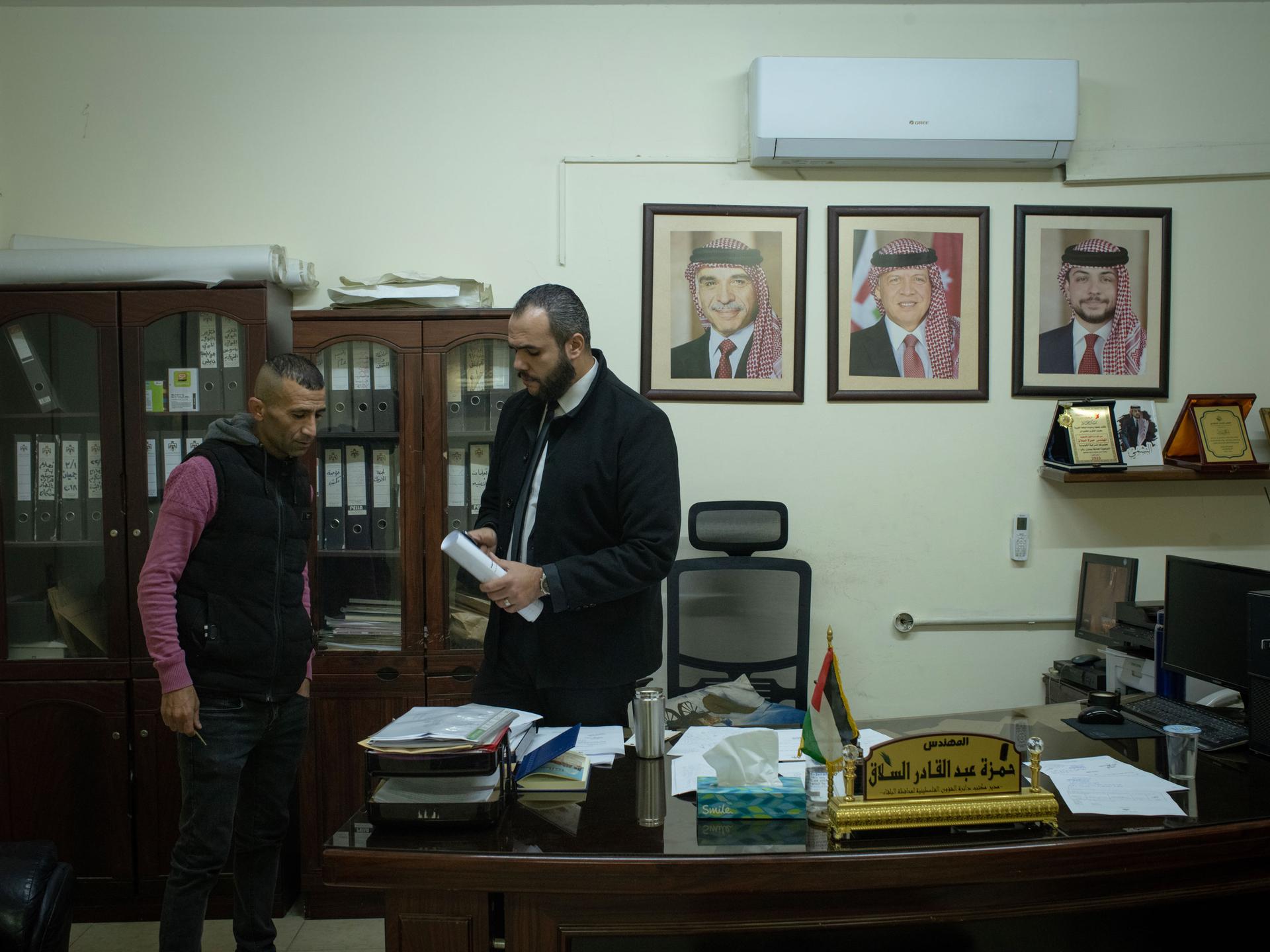
Rula Alhroob, a former member of the Jordanian Parliament and chair of the human rights committee, said that during her time in government, she advocated for more rights for Palestinians in Jordan.
But she said her advocacy was met with fierce opposition within the government.
“When we talk about civil rights, political rights and so on, they would say ‘Well, we don’t want to help Israelis achieve their goals by giving those people access to all types of activities and normal living so that they could forget about their right of return.’”
Some people argue this is a form of punishment for people who have already been displaced from their homes.
Alhroob does not disagree. She said she believes every human being — not only Palestinian refugees — “should enjoy all the rights to live and prosper.”
She said Jordan’s policy of keeping refugees from Gaza and their descendants stateless is only doing harm.
Nowhere is this harm more visible than at the Baqa’a camp, about 12 miles north of Amman.
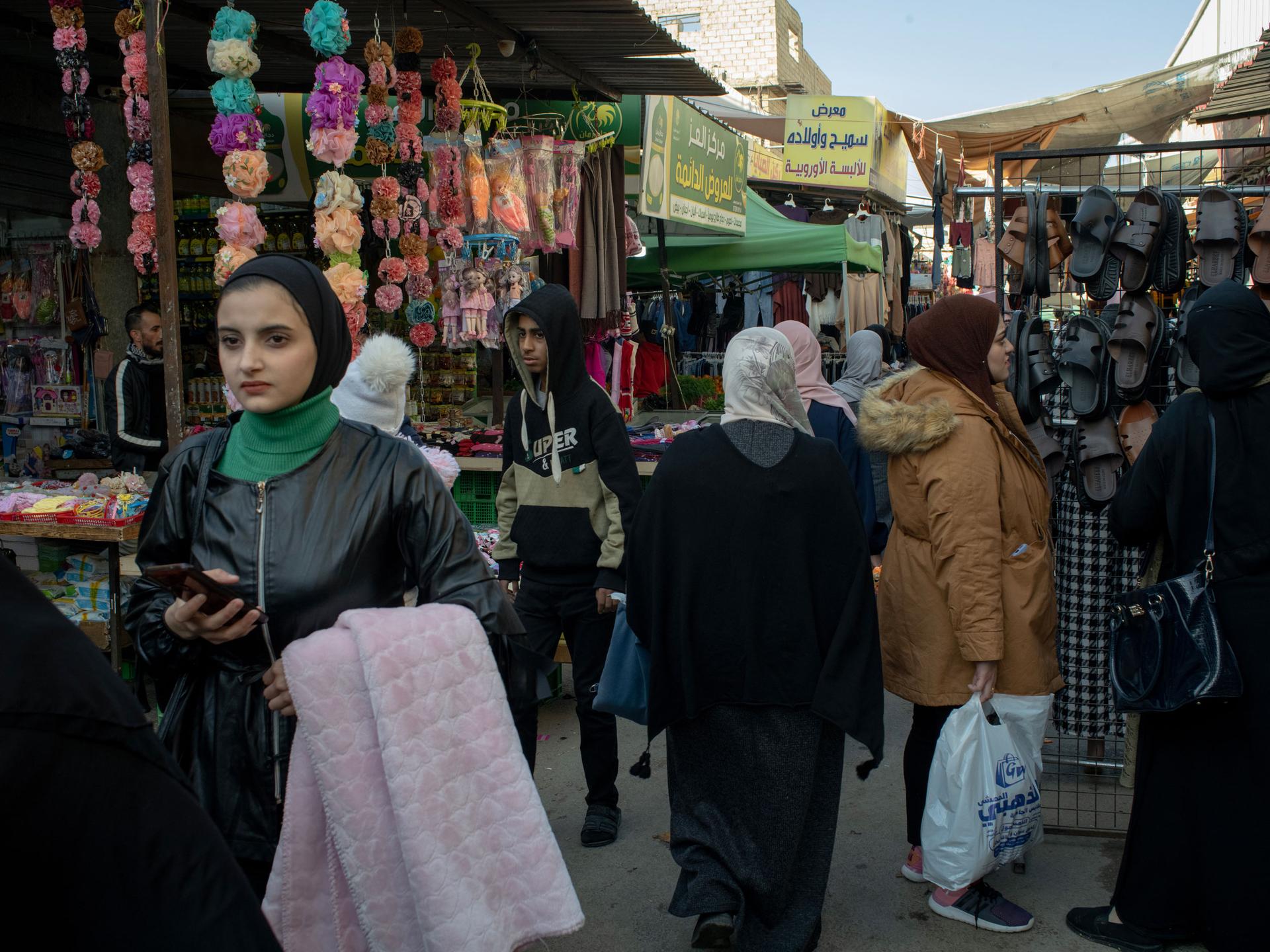
Baqa’a is one of six emergency camps that were set up in 1968 to accommodate displaced Palestinians. It began with 5,000 tents, but over time, tents turned into fabricated shelters and fabricated shelters turned into haphazardly built homes.
Issa Abu al-Raghib was born in this camp to parents who fled Gaza. He said that there are no hospitals here and the garbage often piles up at the camp.
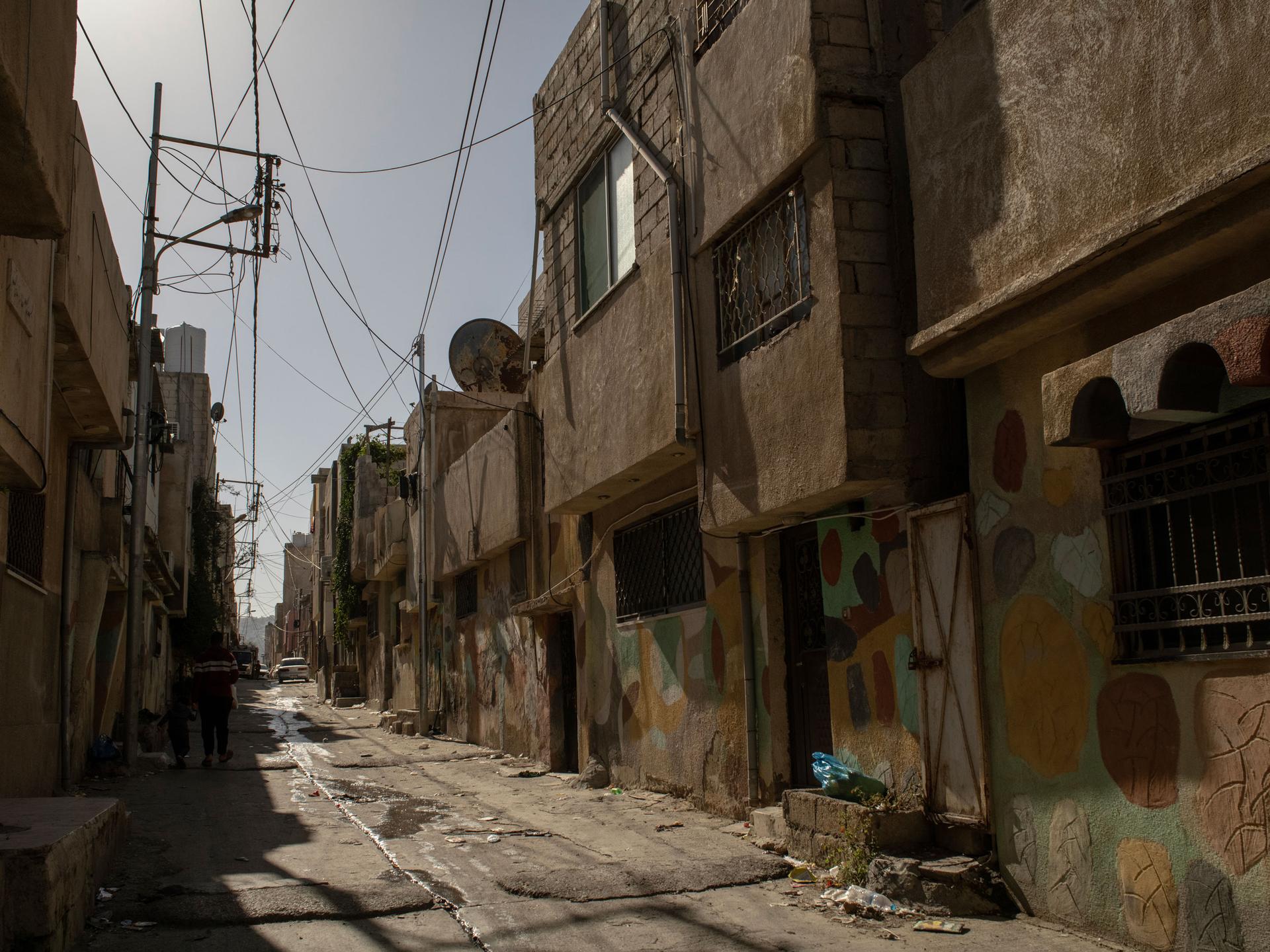
Kids go to schools supported by the United Nations, but they can’t enroll in certain fields at university, he said. Law and political sciences are off-limits. So is military school.
Raghib still has family in Gaza. He showed The World a video of his cousin holding the body of his daughter shrouded in a white cloth, who he said was killed in a recent Israeli airstrike.
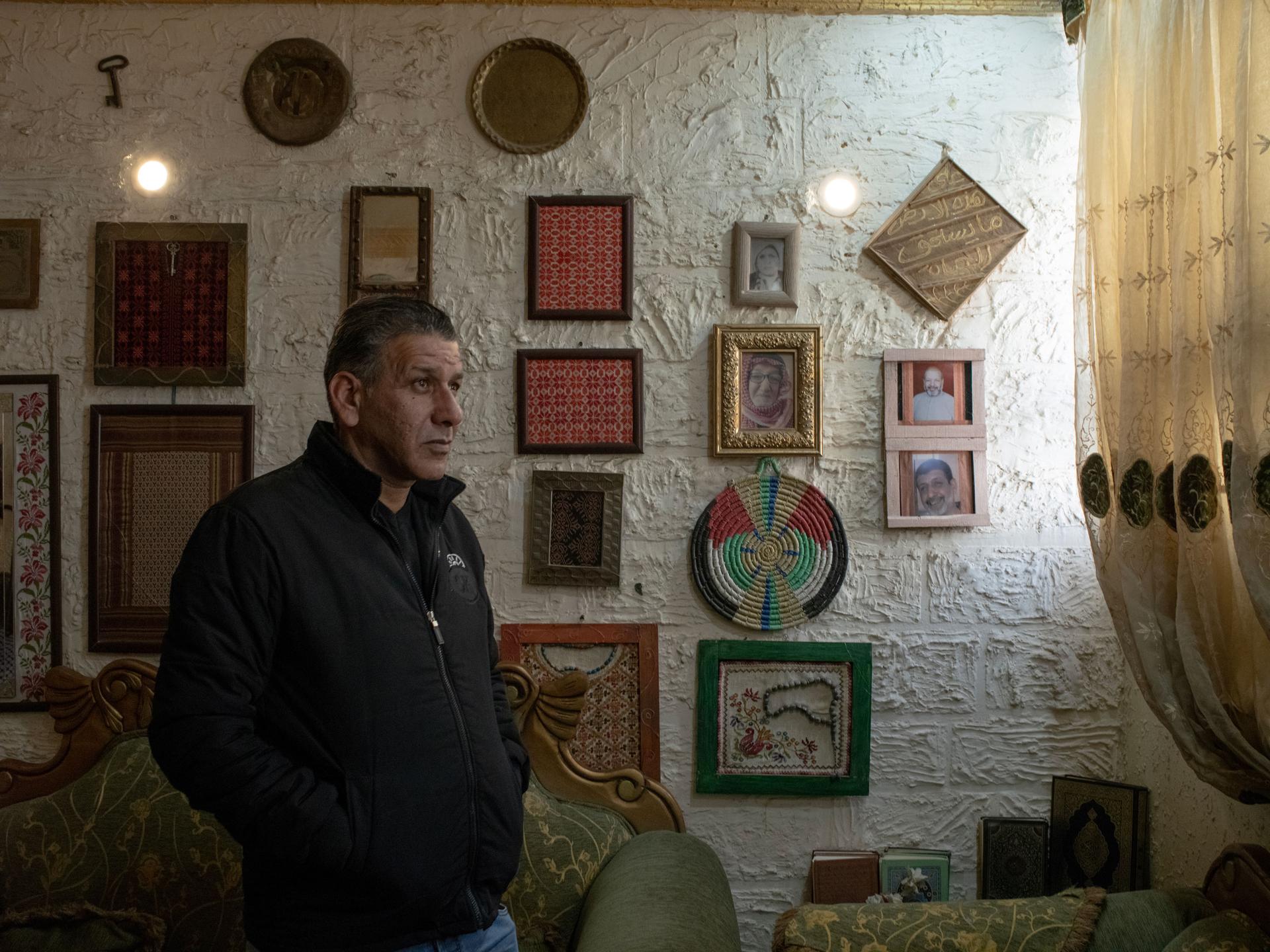
Palestinians like Raghib and Abdullah are living in the shadow of the war next door. News reports about Palestinians being forced from their homes are reopening old wounds for them.
Abdullah said displaced people of Gaza still have homes back home and that those who were forced out would love to return.
“We love this home. But we need our home. We need the old home.”
If returning to Gaza doesn’t happen in his lifetime, he said, he’s hopeful it will happen in his son’s lifetime.
